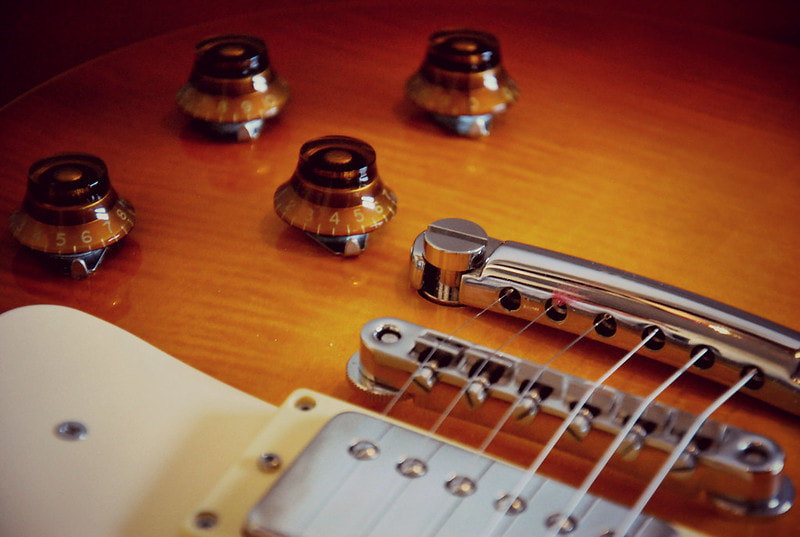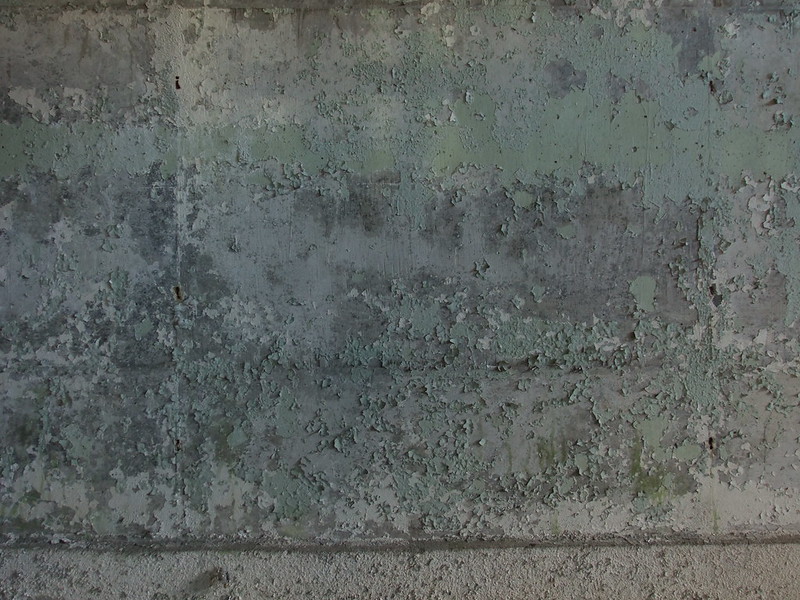|
I feel your bass
drum kick, boom-boom, up near my heart and so forceful it can be seen and not just felt. Then comes in the bass guitar, rolling left to right, slapping in rhythmic time, the vibrations complementing the backbeat in my ribcage. Your hands stay folded up next to your smushed-up face, all the way down low, until showtime, and then fingers glide and flutter, finding the keys in the dark. I tap along, fingers drumming the snare, toes tapping the high hat, humming lead guitar to the tune of who cares because it’s just you and me here. Some times you are acoustic, swaying gently as if we have nowhere to be and you are content to stay inside forever. Others you plug in and make yourself unmistakably known and I wonder what choreography you’re learning in there, and if you’ll remember it when you’re out. Or, perhaps more likely, we’ll settle in to a new sound, a new song, a new dance, just you and me. Except this time, like it or not, there will be vocals.
0 Comments
I've never been good at poetry.
I know, I know. I write poetry. I have notebooks full of it from back in high school. In college I wrote some painfully heartsick poems. Even today, I dabble from time to time. But just because I write it, as a way to work out my creative muscles, doesn't mean I'm any good at it. And, as mediocre as my poetry writing is, my ability to read someone else's is a million times worse. Sometimes, I will come across a beautiful poem, and know it's beautiful, and know why. Meg Elison's Modern Promethea, for example, is one I immediately connected with. My supremely talented friend, Barbara, shared a poem with me recently that just made me smile and tear up all at the same time. But far more frequently, I get a few lines in and my eyes glaze over. My friend Steven is an amazing poet. And I ... well, sometimes I just can't read his work. I either don't understand, or I have to read the same line fifteen times to try and figure out what it means, and then I need to read the line before and the one after to try and figure out how they connect to each other, and go back to the beginning and read the whole thing again to try and see the bigger picture. It's not because he's a bad poet. He's a brilliant poet. It's because I'm a bad poetry-reader. I feel bad even saying it, because isn't poetry supposed to be so beautiful and artful? As a writer, am I not supposed to understand and appreciate writing in its many forms? I devour literature of all types, all the time. Why is poetry so hard? A while ago, I started giving poetry a try again. There's a truckload of it around. Instagram poets, poets on Medium.com, writer friends of mine with their haikus and chapbooks. Seeing it all over the place made it easier for me to bite off small chunks, and I started thinking in stanzas when I noticed especially beautiful or depressing things. So, of course, I wrote my own poem. I asked my friend, Jun, for advice. At the time, Jun was writing a poem a day, and she gave me the most useful piece of advice I've ever heard regarding poetry. "It's all about blended metaphors," she said. That's when it occurred to me why poetry is so difficult for me to understand. The same reason I didn't know what a pun was until I was 30. The same reason that, when someone tells me they got a thousand birthday cards in the mail, I visualize their mailbox overflowing with the cards that surely wouldn't fit inside. I have a very literal, concrete mind. Numbers were always my thing. Math, even when it got more abstract, still only had one answer (or a set of answers that could be derived by applying a mathematical rule). Interpretation and figurative language is not my thing. A lot of poetry is just too abstract for me. The idea that there could be more than one interpretation to piece of writing made me very uncomfortable. I want to know exactly what the author was thinking when she wrote it. Even with music, which I have loved since I can remember, I will take the most literal interpretation as fact without ever questioning other possibilities. Jun's advice made me realize that I had used some metaphors unintentionally in my first attempt at poetry. I also became aware of metaphor use in my future writing - poetry and otherwise. I realized when I was mixing metaphors, and started looking for ways to weave the same metaphor through a piece - subtly, without overdoing it. Soon, just by being made aware of this use of figurative language, I found poetry easier to read (though still not easy) and began planning my poetry around a metaphor rather than just writing pretty words that seemed to go together. There's more to it than that, obviously - all kinds of literary devices are at work in good poetry, and I need more practice to hone my skills. Even with this newfound knowledge, my poetry remains pretty concrete. It's nearly always clear to the reader what I'm talking about and what I was thinking and feeling as I wrote it. But actively working on specific things like metaphor has tested my creativity and made me a better writer. How do you feel about reading poetry? Do you prefer to read poetry that's more concrete or more figurative? Do you have a favorite poem? I'd love to know - just comment below to share! |
Nicci KadilakI'm the boss around here.
Archives
January 2023
Categories
All
|



 RSS Feed
RSS Feed